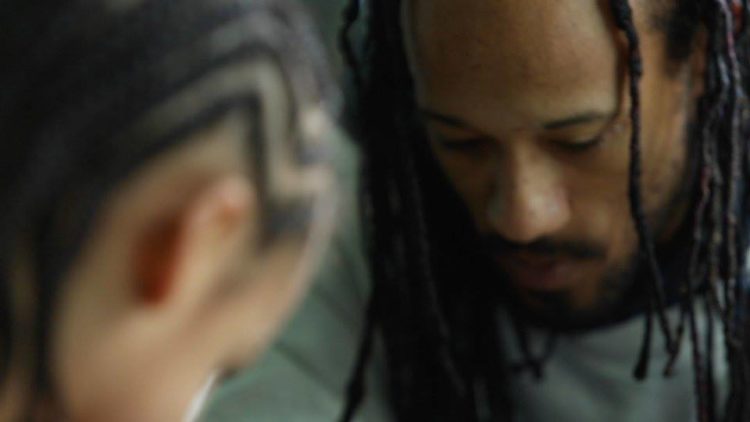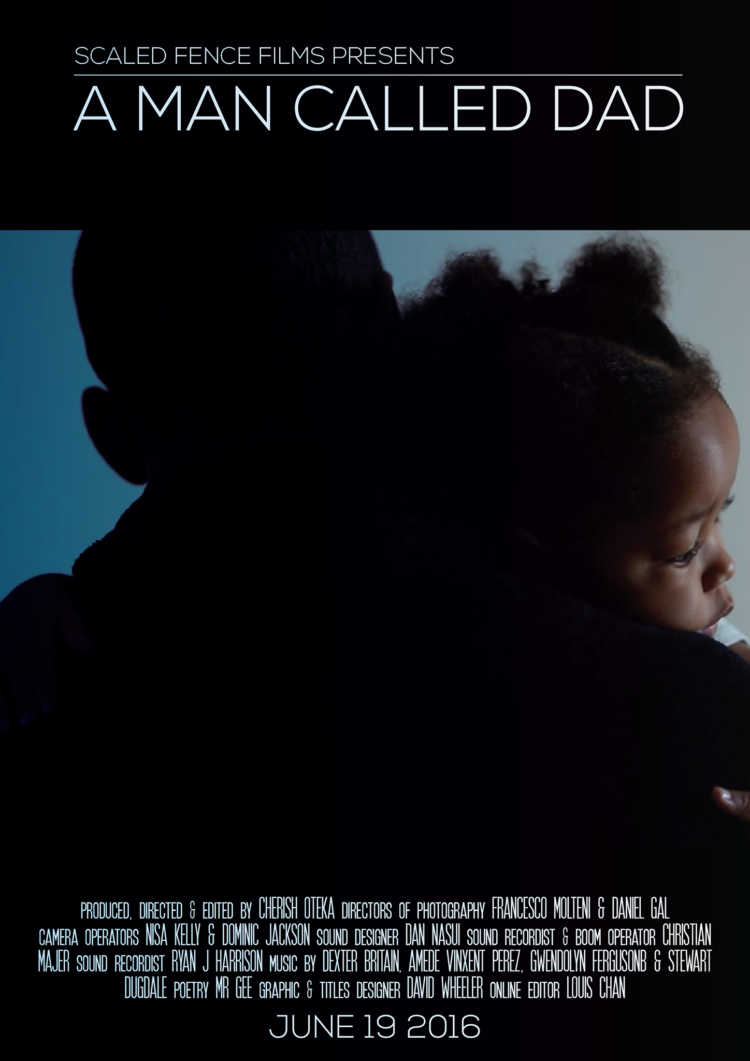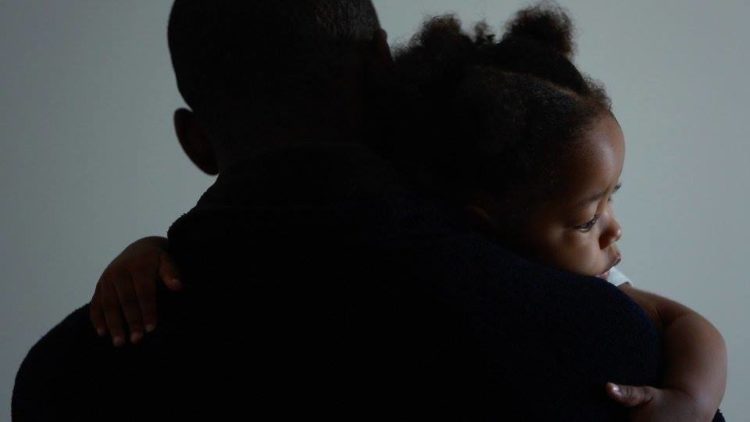A Man Called Dad is a documentary by filmmaker Cherish Oteka. We interviewed Cherish about creating the documentary, representation of black fathers and what she’s planning next ahead of A Man Called Dad’s online release on Fathers’ Day on June 19.
When did the idea for A Man Called Dad come about?
A Man Called Dad was commissioned in 2014 by Serendipity UK. I had been playing with the idea for close to a year but having it commissioned gave me a goal to work towards.
I personally had a troubled relationship with my own dad but it was only after reading books like Chinua Achebe’s Things Fall Apart, Alice Walker’s The Third Life of Grange Copeland and John Howard Griffins’ Black Like Me that I really started to think about the bigger picture when it comes to race, masculinity and parenting.
‘Absentee. Abusive. Adulterous.’ How are you challenging these stereotypes often associated with black fathers?
When speaking about absentee black fathers it’s important to not only look at the ‘what’ but also ask why. This is something I wanted to do with A Man Called Dad.
It’s important to have positive representations out there.
Most importantly, I wanted to challenge the stereotypes by showing fathers who have loving relationships with their children and explore challenges they have overcome to maintain those relationships. There is a huge misrepresentation of black fathers. Not all of them are absentee and it’s important to have positive representations out there.
The nurturing and loving side of black men is rarely seen in the media. I think this perpetuates stereotypes both within and outside of the community. People looking in often believe there is only one type of black man and, unfortunately, black men themselves can begin to feel that their softer side should be hidden. I wanted A Man Called Dad to help in both changing perceptions of black fathers and black men in general.
Did anything surprise you whilst filming A Man Called Dad?
I was surprised by the honesty and openness of the fathers that took part in the film. I felt honoured to have a window into their inner world and their personal struggles.
Ultimately it’s a journey of self discovery.
Overall, I learnt that there is no fundamental difference between a black father and fathers from other cultural backgrounds. Ultimately it’s a journey of self discovery, unfolding and sacrifice regardless of the colour of your skin.
Any great films you’ve watched recently that you’d like to share?
I was recently at a film festival and had the pleasure of watching George Amponsah’s The Hard Stop – a documentary exploring the aftermath of the killing of Mark Duggan.
It was a film that needed to be made.
It was so touching and through following some of Mark’s closest friends, we really get an insight into the tension between the black community and the police, the struggle to gain employment, and the ongoing fight for justice. It was a film that needed to be made and I hope it continues to reach new audiences.
What are you up to next?
I’m most passionate about telling human interest stories that tackle social issues. I have a few ideas in development at the moment but my next documentary will explore marginalised communities in music and their fight to have their voices heard.
Find out more about A Man Called Dad here



